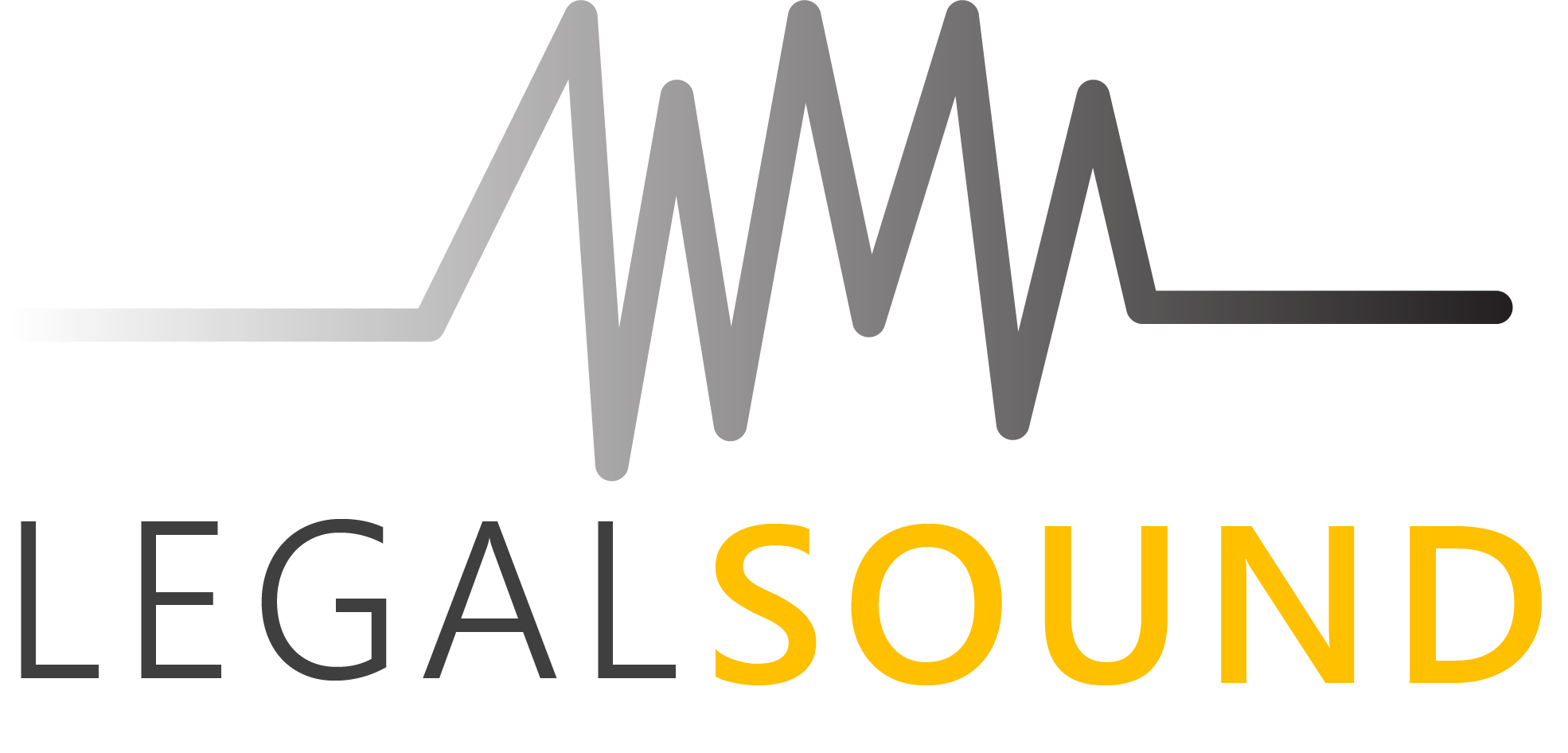
Empowering people to identify and protect the source of goods and services, trademarks are an essential tool for business to protect their investment in the development of an idea, service or physical product. Nearly any identifying name, symbol, colour, smell, sound that is associated with a product can be protected through trademark registration in New Zealand. To ensure that your business, brand or offerings are not confused with similar offerings from competitors, these distinctive signs are an essential tool in the defence of market share and competitive companies attempting to replicate your offerings.
In New Zealand, like many other modern economies, trademark registration is not compulsory. Many businesses operate without the knowledge of the benefits that this brings, while others have attempted to trademark their products and services but do not meet the minimum requirements to complete the process. Like all matters relating to the business, it is imperative that professional advice and assistance is sourced. Otherwise, the timeline for the completion of the process can be extended, increasing costs, frustration and the risk of losing out to another company applying for these distinctive signs for a similar product or service.
A common misconception with many New Zealand businesses is the difference between and trademark and business name. Apart from communicating to the general public the connection between the brand and the business offerings to the market, a business name does not confer any of the rights honoured to those who have registered a trade mark.
It is essential to access the most up to date information regarding the regulatory and application process. In New Zealand, the Intellectual Property Office is the organisation charged with policing the trade mark registration process. However, many businesses and organisations turn to facilitators; businesses that have specialist consultants and experts in the trade mark registration process in New Zealand. They work closely with their clients to determine the specific trademark registration required, the classes of goods and services applied for, as well as how to reduce the costs of registration by applying for different classes under a single application.
With the registration process completed and formalised, the business and products listed under the application will become protected in New Zealand under the Trademark Acts 2002. This law makes it a criminal act and offence for any individual or organisation to attempt to counterfeit trademark registered products and services. It provides the registry with sole rights to use these distinctive signs for goods and services applied for under the application, with the right to file for legal action if any unauthorised use is detected.


